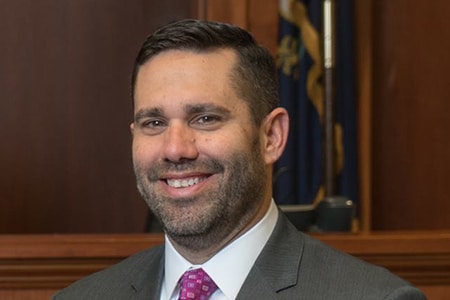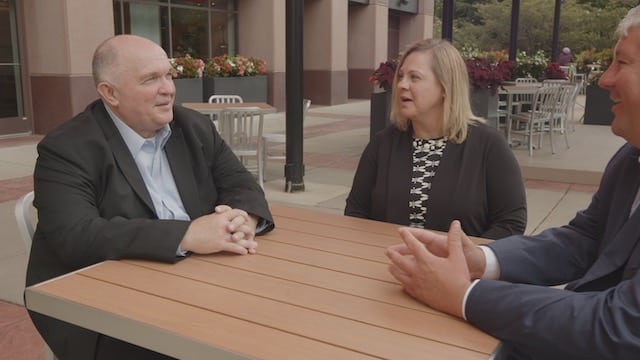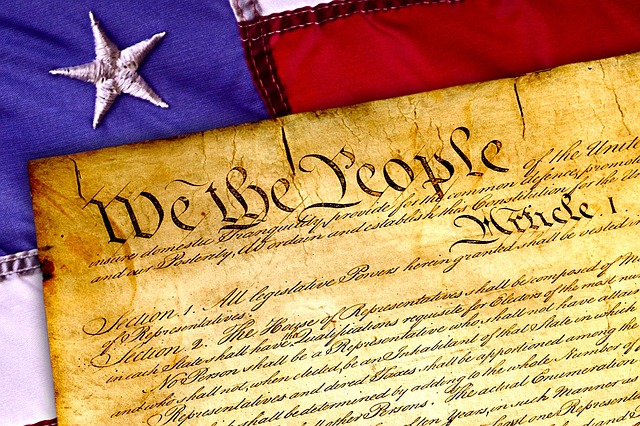Kentucky has Significant Protections for Defendants Accused of Defamation
As the prevalence of social media continues to grow in our everyday lives, it is easier than ever to be caught up in an online feud. Sometimes, these keyboard disputes can lead to serious conflicts in the courtroom. If you are accused of defamation, you need to know your rights and have an experienced lawyer on your side.
What is Defamation?
In Kentucky, a person can make a claim of defamation asserting that their public reputation has been tarnished. Specifically, to prevail, a party must prove: “(a) a false and defamatory statement concerning another; (b) an unprivileged publication to a third party; (c) fault amounting at least to negligence on the part of the publisher; and (d) either actionability of the statement irrespective of special harm or the existence of special harm caused by the publication.” Deane v. W. Ky. Univ., No. 2021-CA-0083-MR, 2022. Unpub. LEXIS 281 (Ky. Ct. App. 2022) citing Toler v. Süd-Chemie, Inc., 458 S.W.3d at 282 (Ky. 2015).
If a plaintiff can establish a claim of defamation, a defendant may pay significant financial damages.
How is Kentucky Protecting Speech?
Recognizing the need to provide defendants accused of defamation with additional protections, Kentucky’s General Assembly passed the Uniform Public Expression Protection Act (“UPEPA”) during the 2022 legislative session.The UPEPA’s provisions apply to a cause of action asserted against a person based on the person’s:
“(a) Communication in a legislative, executive, judicial, administrative, or other governmental proceeding;
(b) Communication on an issue under consideration or review in a legislative, executive, judicial, administrative, or other governmental proceeding; or
(c) Exercise of the right of freedom of speech or of the press, the right to assemble or petition, or the right of association, as guaranteed by the United States Constitution or Kentucky Constitution, on a matter of public concern.”.
Most claims in which the UPEPA would provide protections against would fall under the third category of speech involving matters “of public concern”. The act defines a “matter of public concern” as “a statement or activity regarding: (a) A public official, public figure, or other person who has drawn substantial public attention due to the person’s official acts, fame, notoriety, or celebrity; (b) A matter of political, social, or other interest to the community; or (c) A subject of concern to the public;”.
If a defendant can demonstrate that the UPEPA applies to their speech, they will be afforded various protections such as a stay of discovery proceedings, expedited review, and a heightened standard of review.

The Best Defamation Lawyers Near You
Finding yourself or your business subjected to a defamation action can be a time-consuming and complex situation. The law related to speech is evolving every day in both legislatures and courts. Attorney Sebastian Torres has experience defending clients against defamation actions in Kentucky. If you are interested in discussing your matter with Sebastian, call Gatlin Voelker at (859) 781-9100.

















